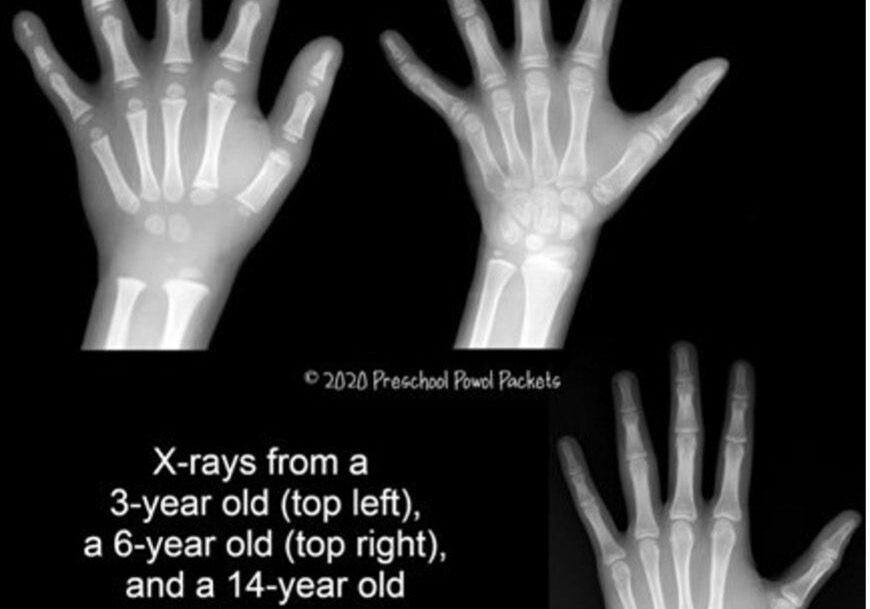Play is the Work of Children
October 3, 2022

Play is the work of children. As the famous educational researcher, Jean Piaget described, “the work of children is to explore and discover the world, and play is where children can safely accomplish this difficult task.” Play develops their executive functioning, language, early math skills (numeracy and spatial concepts), prosocial behavior, and physical development. In addition, it builds a child’s sense of agency and minimizes stress (Yogman et al, 2018).
Because explicit instruction limits a child’s creativity, at the Beginning School we focus on play in Preschool and Junior Kindergarten and continue to balance more traditional curricula with play in Kindergarten. Three-year-olds have spaces in between the bones where muscles and tendons will change through the years. They have so much development to do before they can write the way school-aged children or adults can. While they are strengthening those little bones and muscles, teachers provide opportunities for students to bead, rip, tear, cut, dig, build, and paint. When children are physically and developmentally ready to write, it will be so much more enjoyable than if they are pushed before they are developmentally ready.
Rather than provide our students with work that requires passive memorization and direct instruction, our goal is to create classroom environments that allow students to engage in intrinsically motivated activities, entail active engagement, and result in joyful discovery. The Beginning School program prioritizes play because play is fundamental in order for children to learn the problem-solving, collaboration, and creativity skills that are critical for adult success.
Posted in Academics